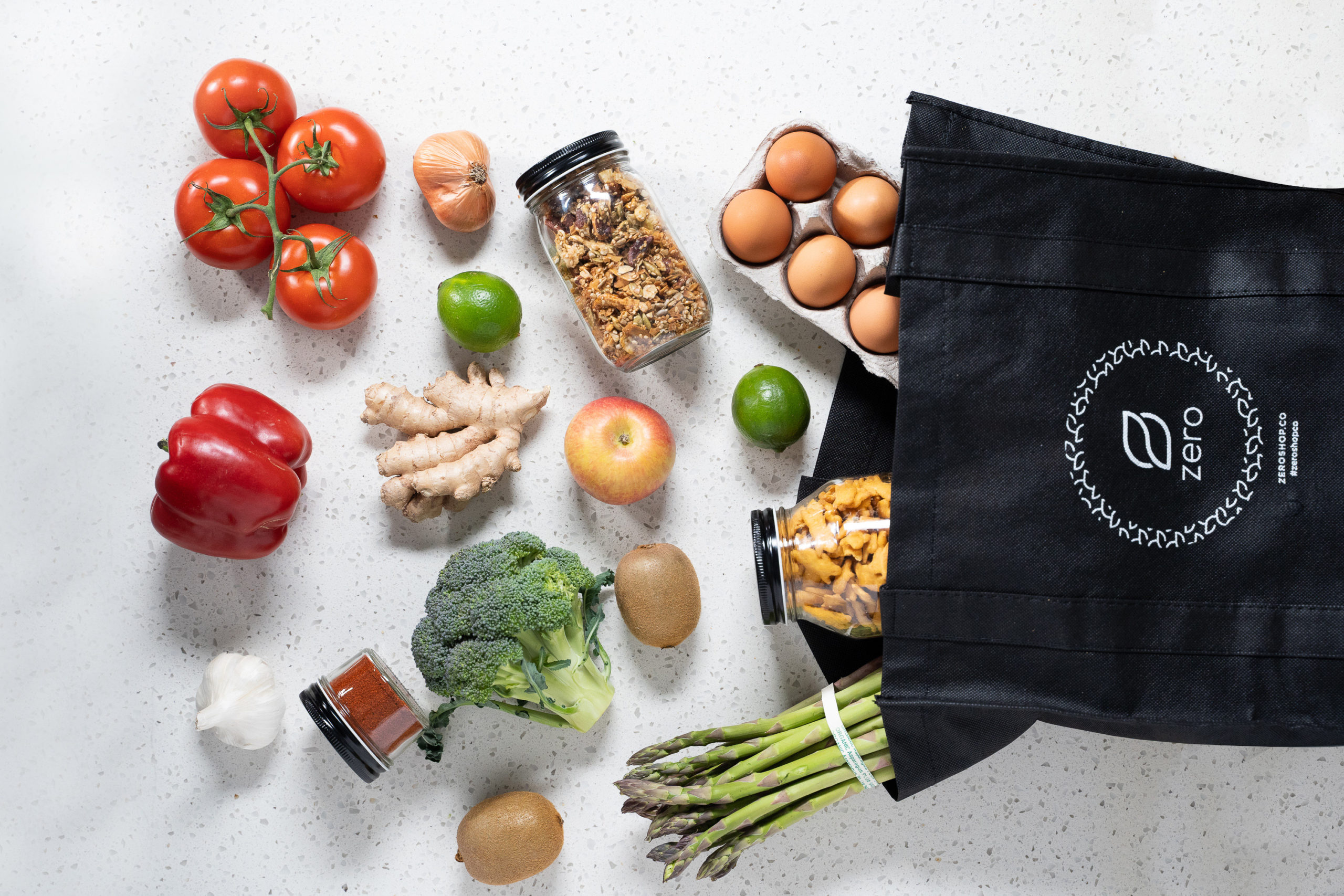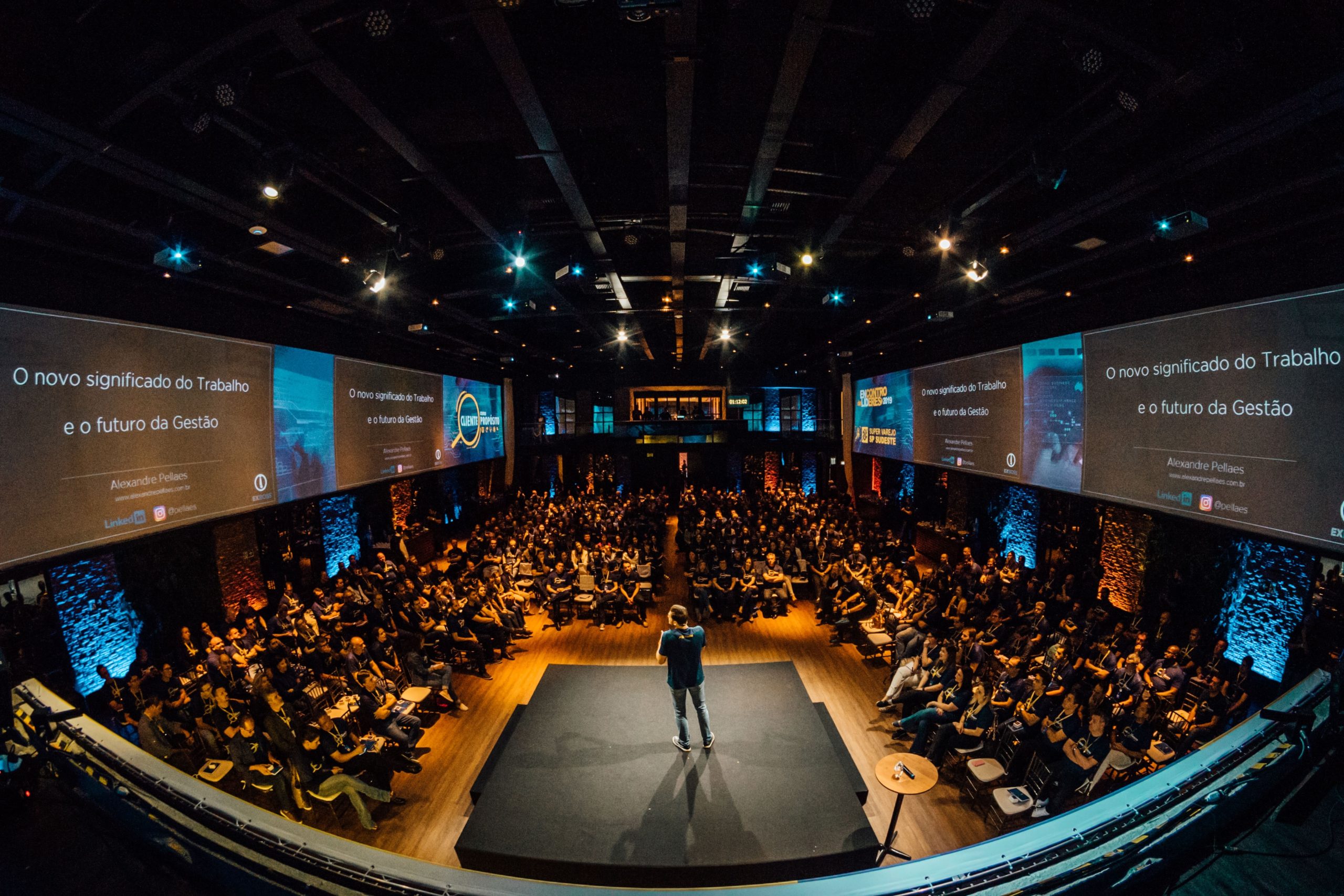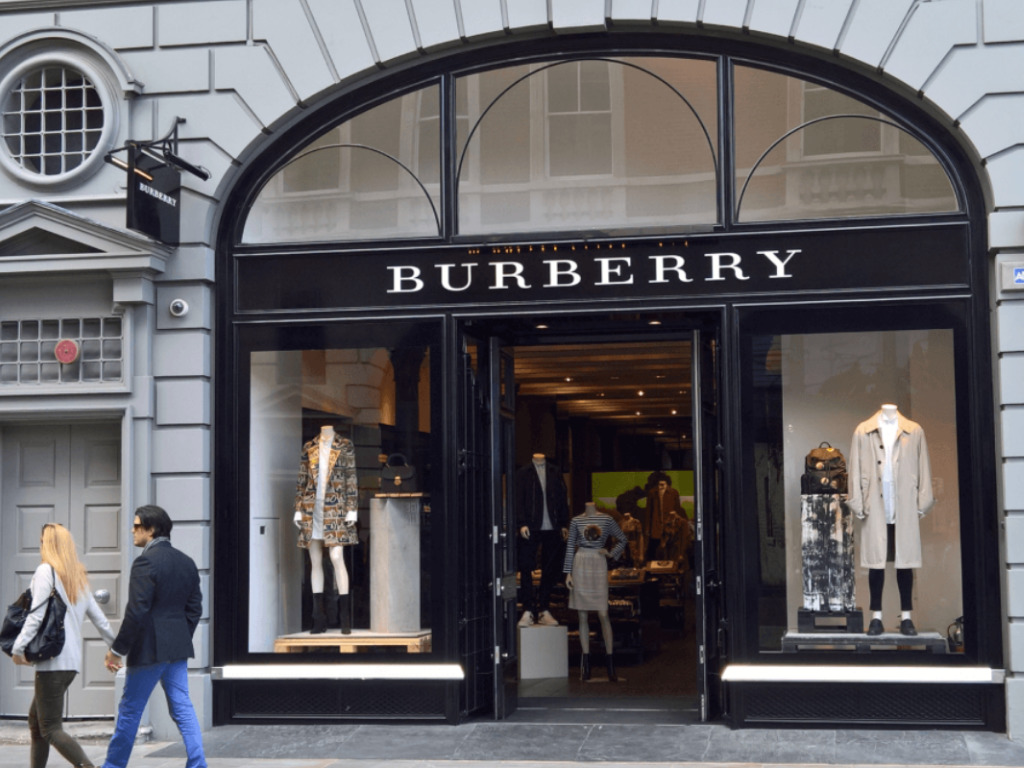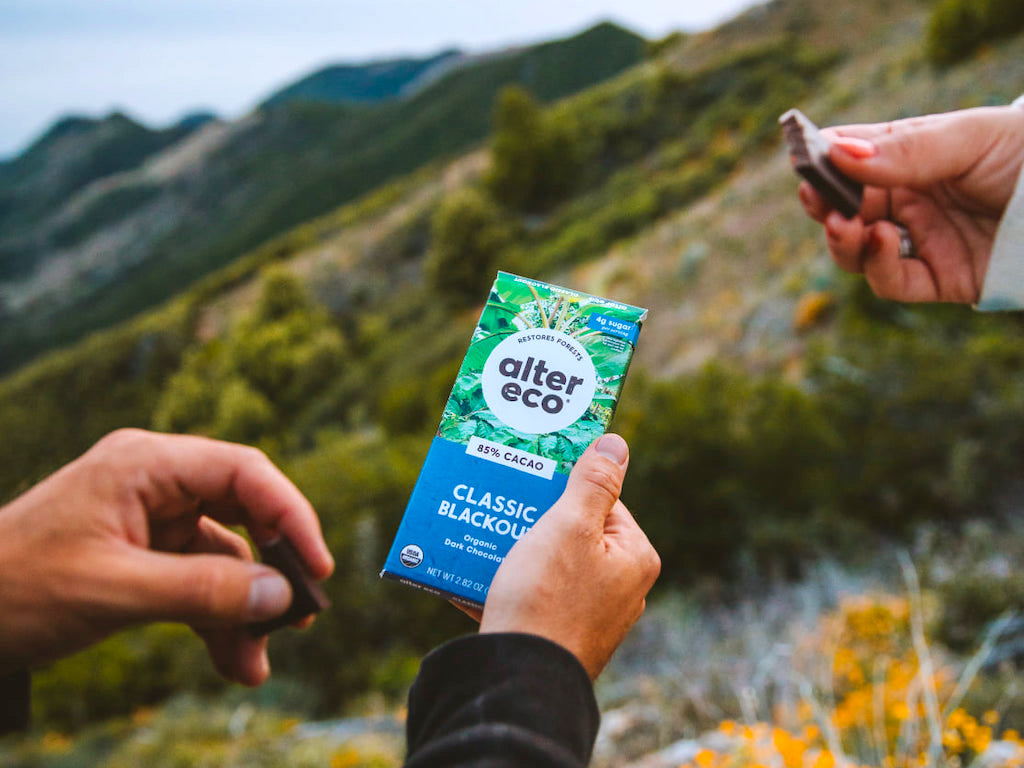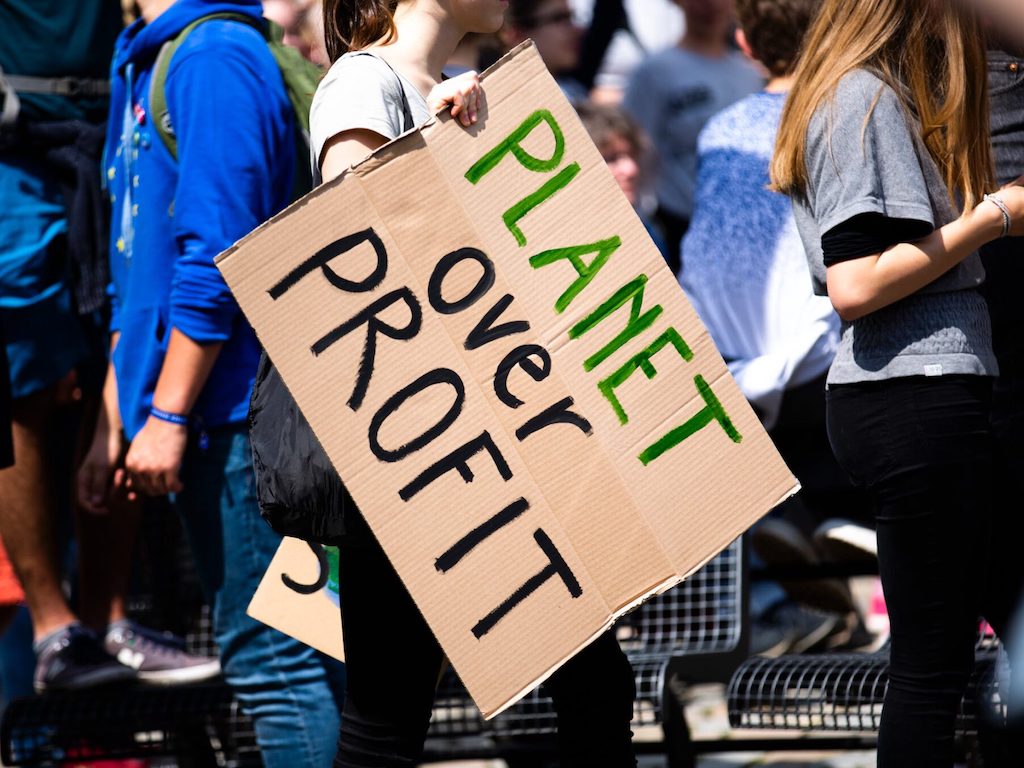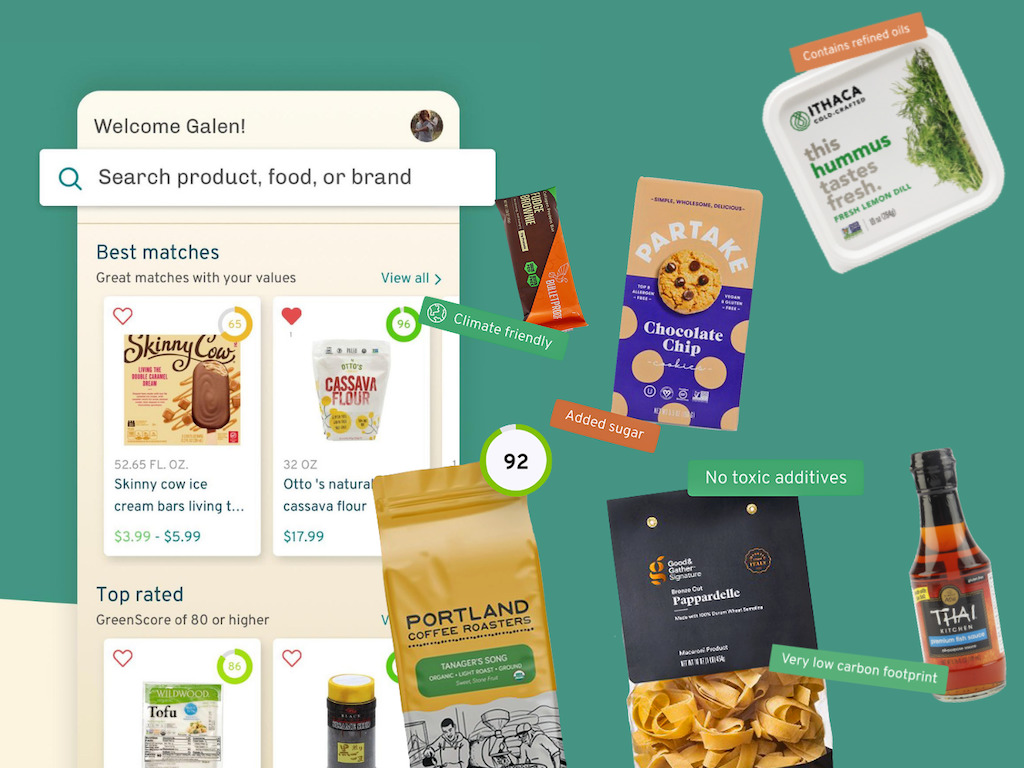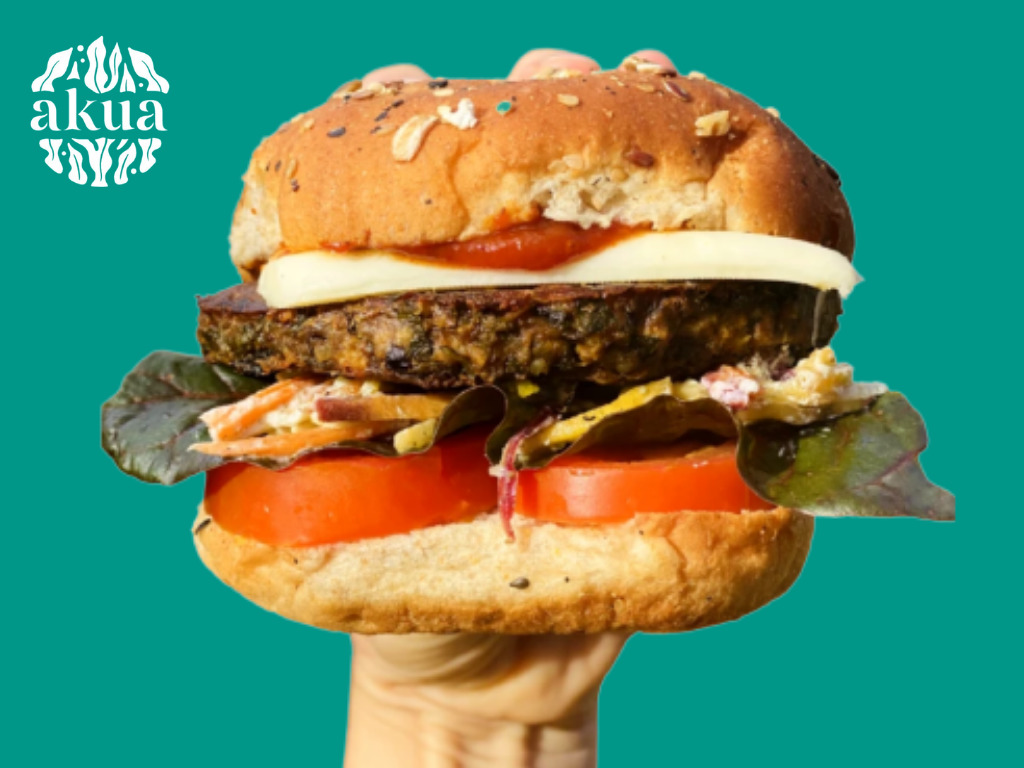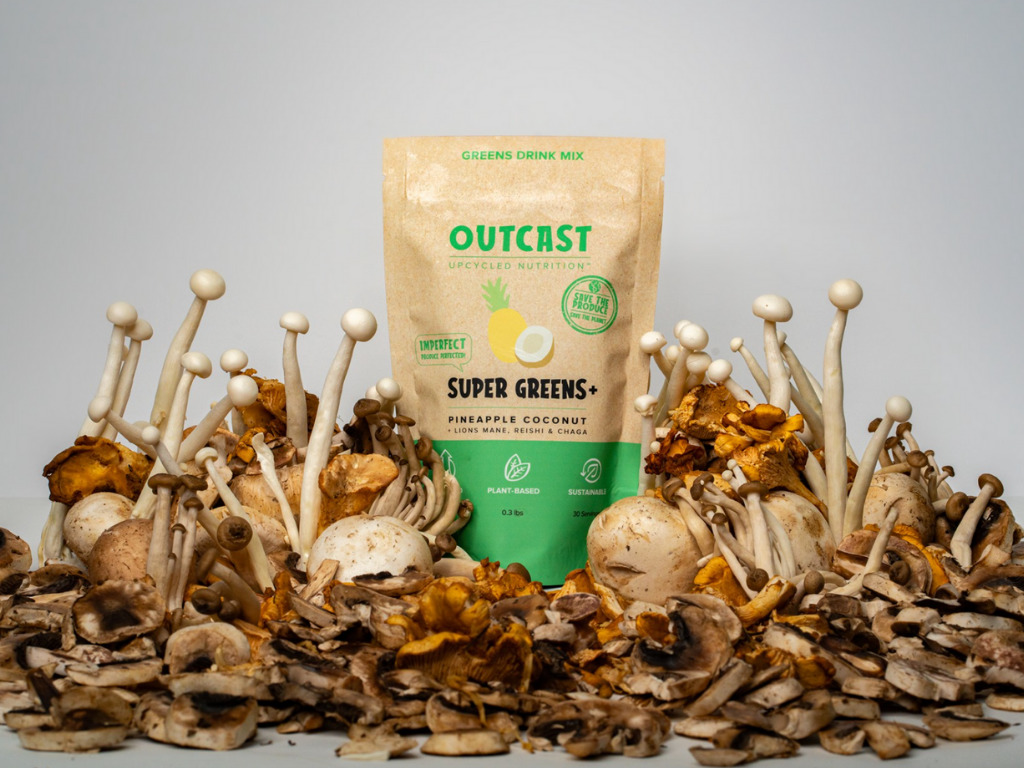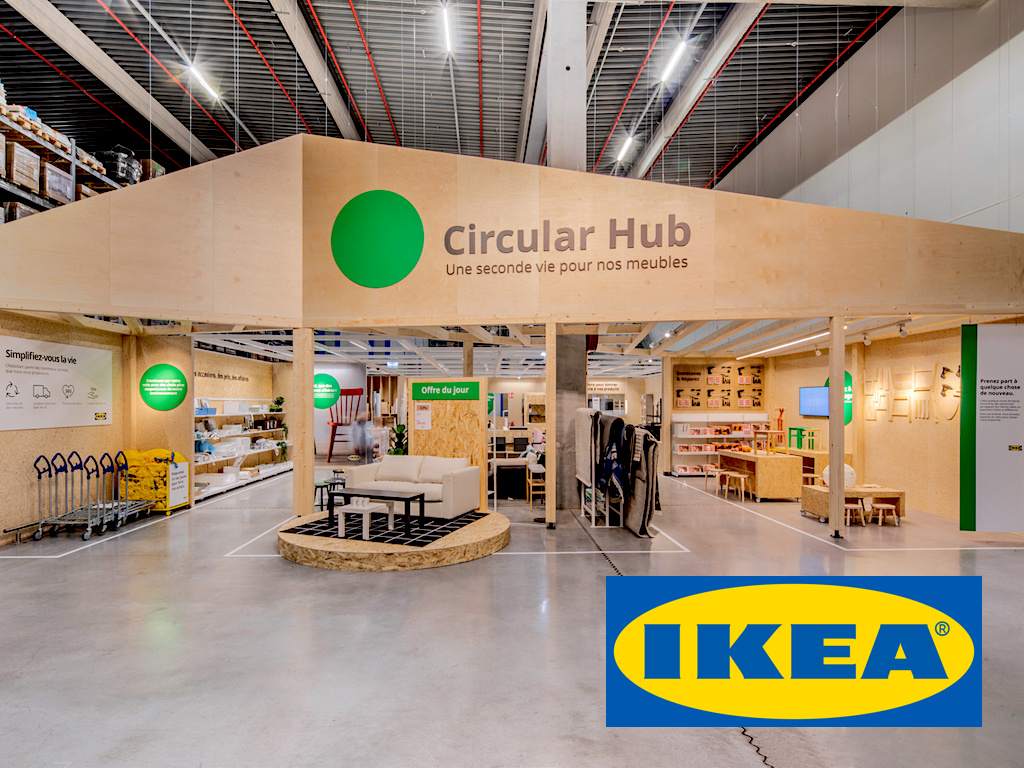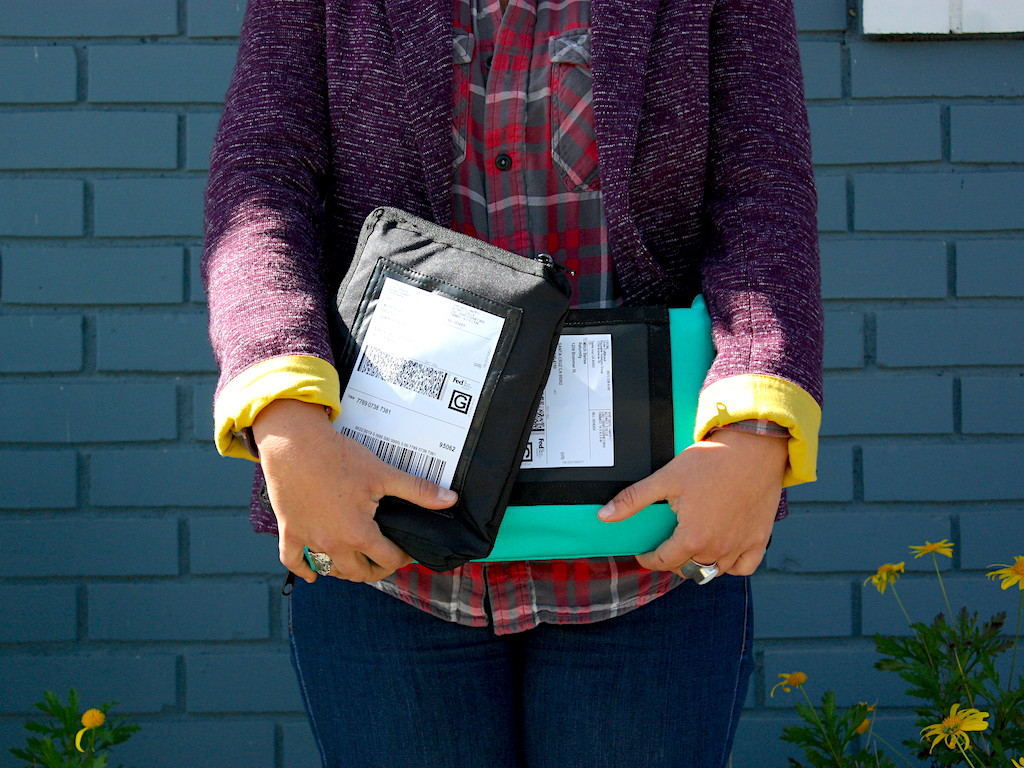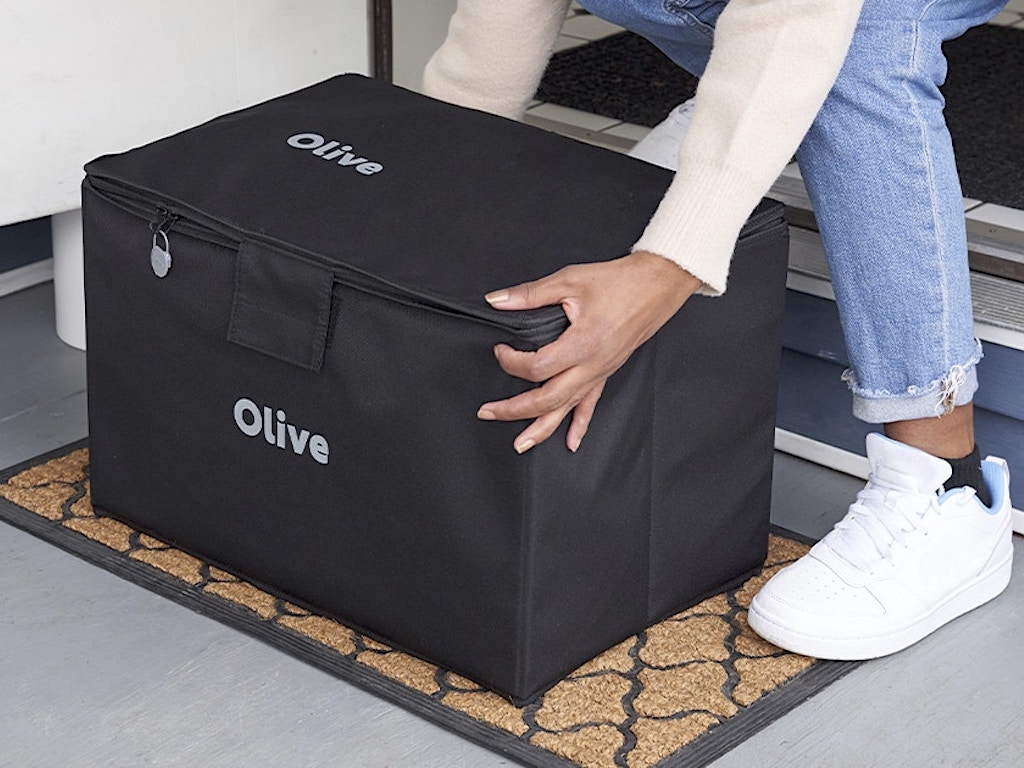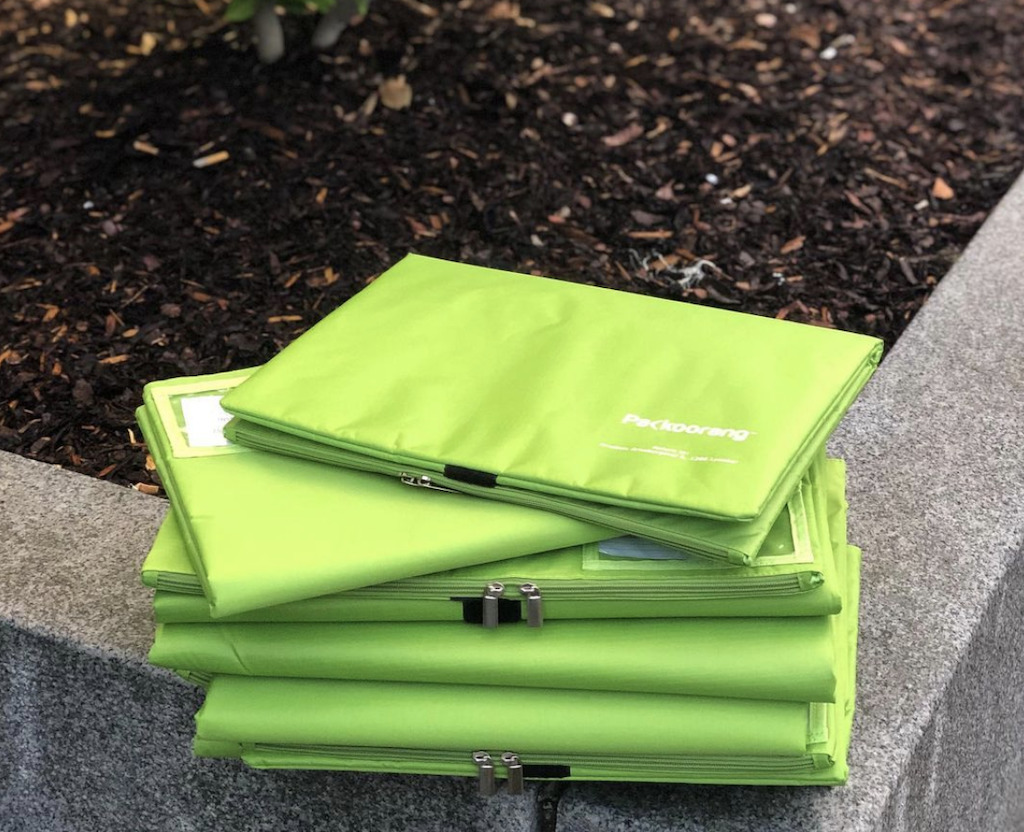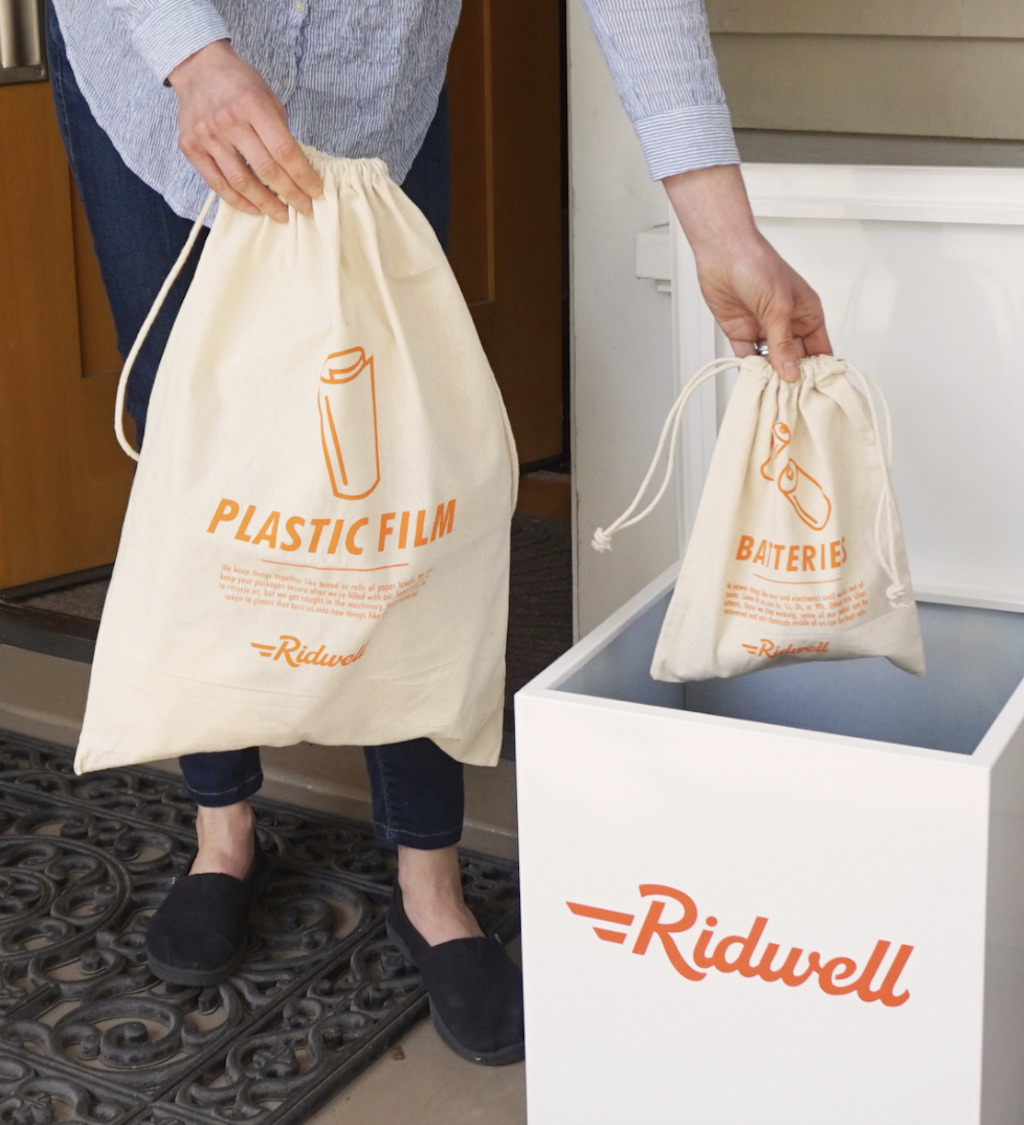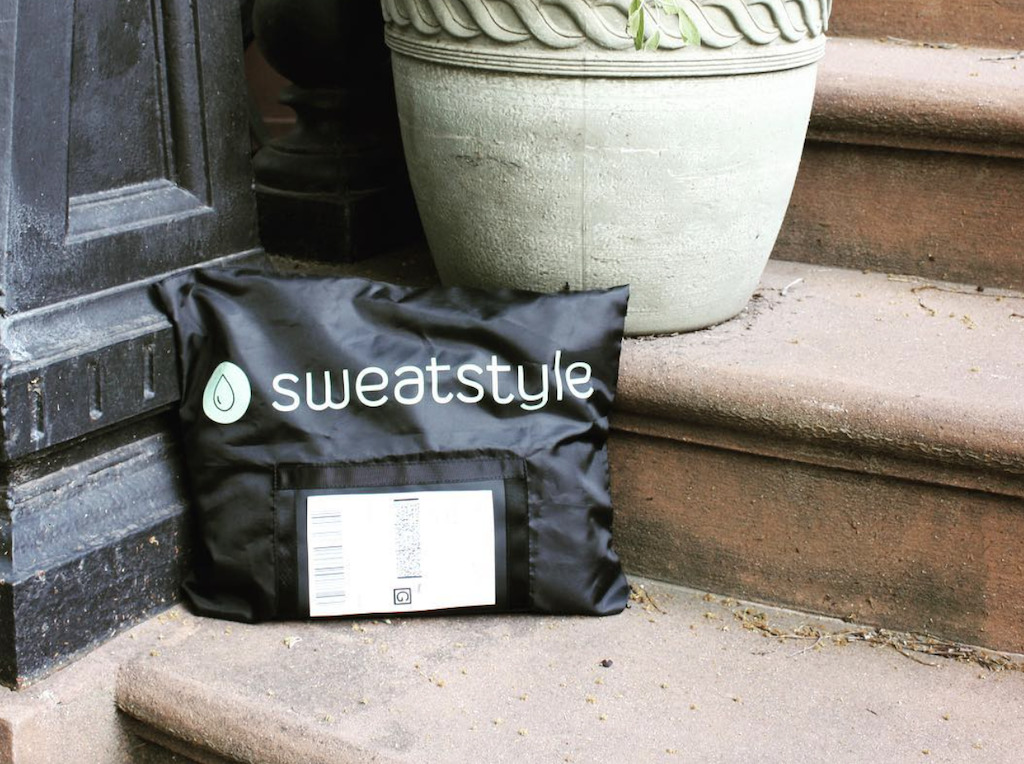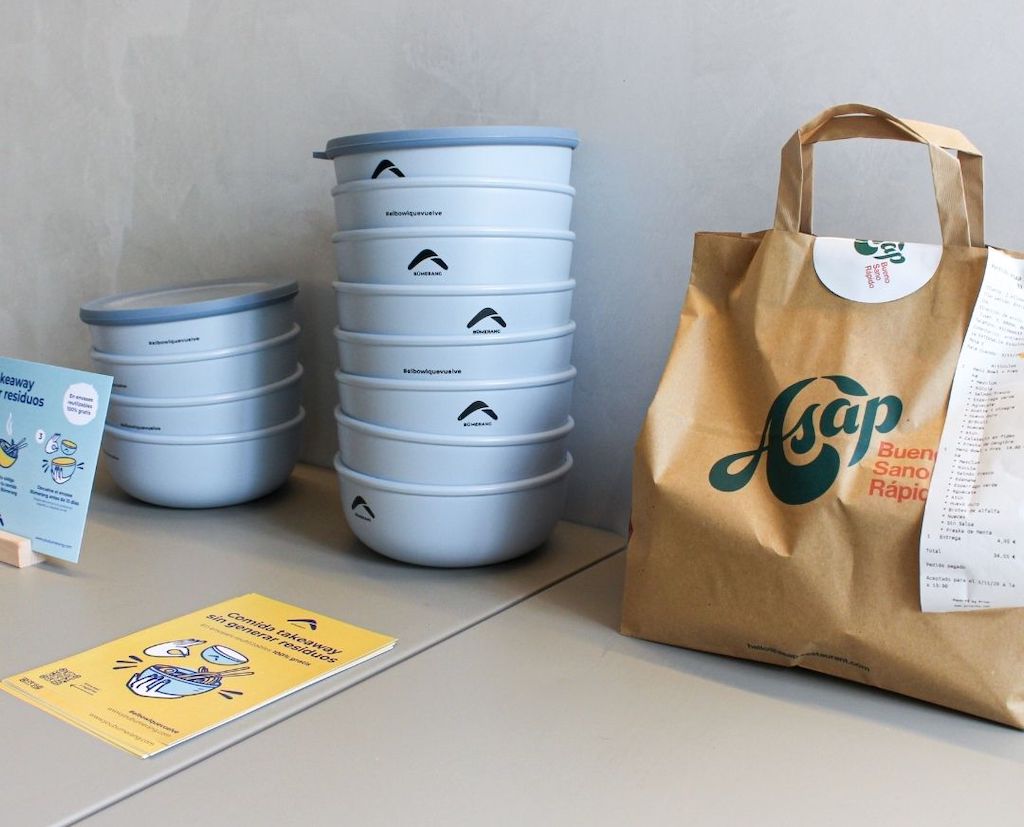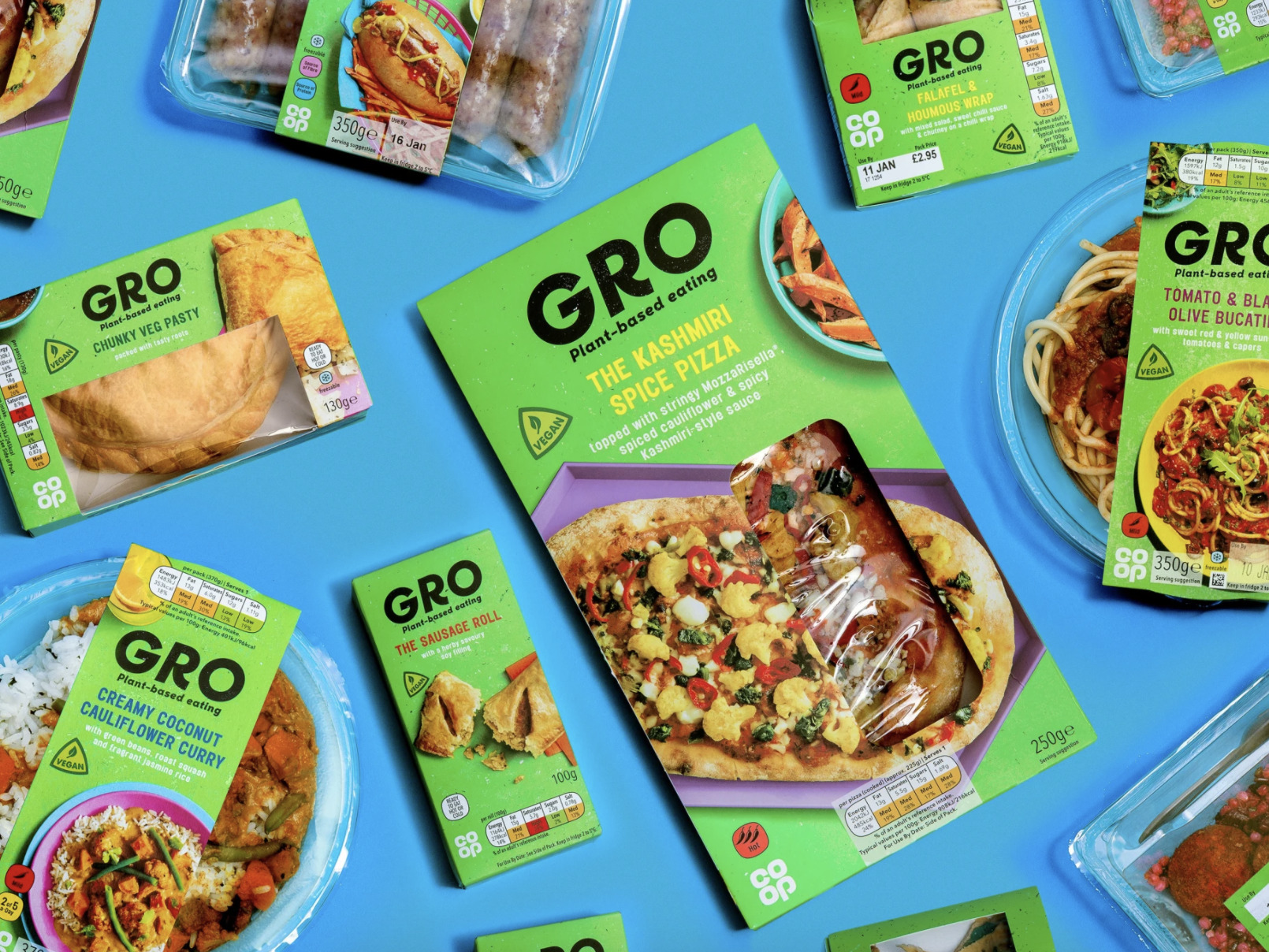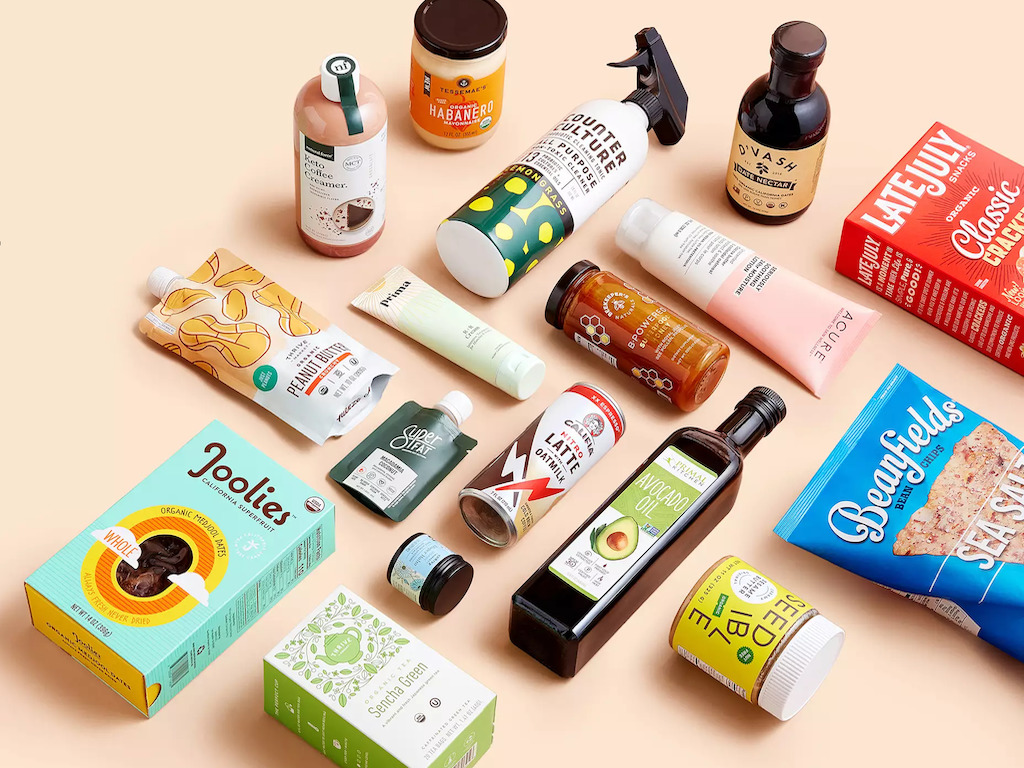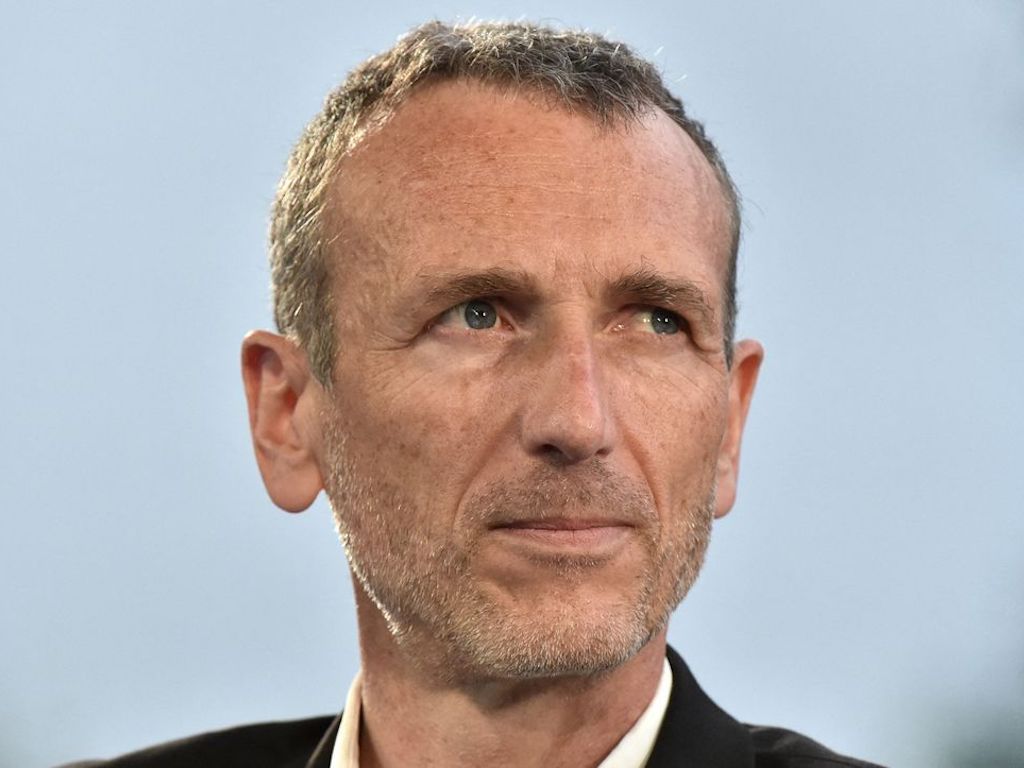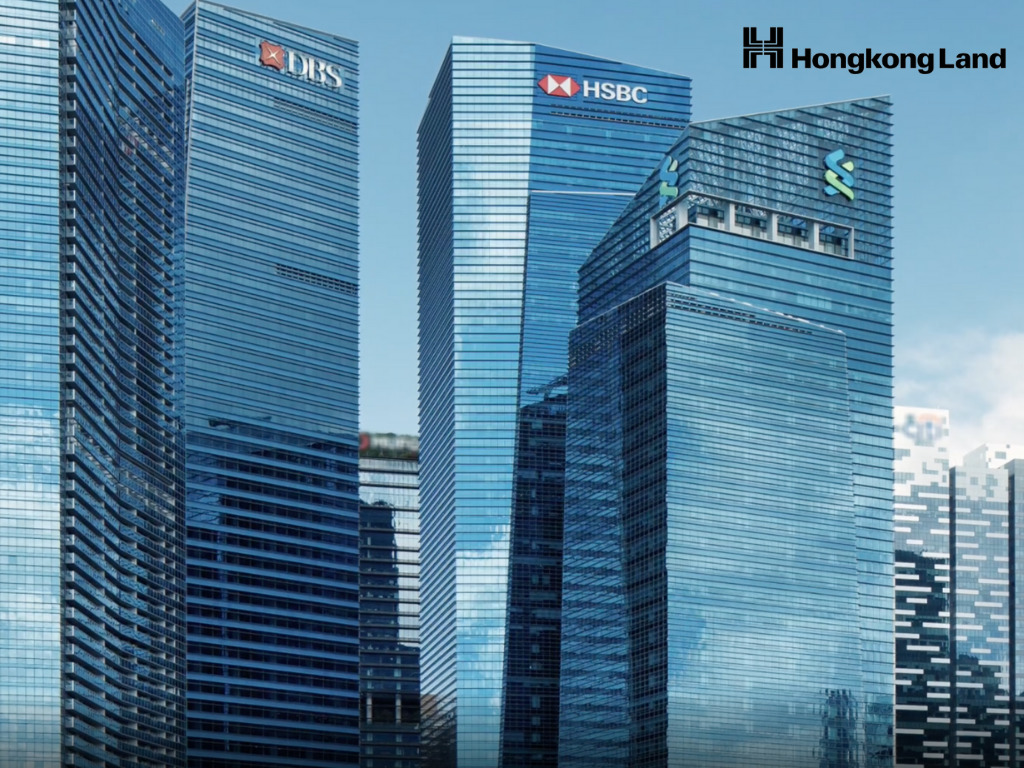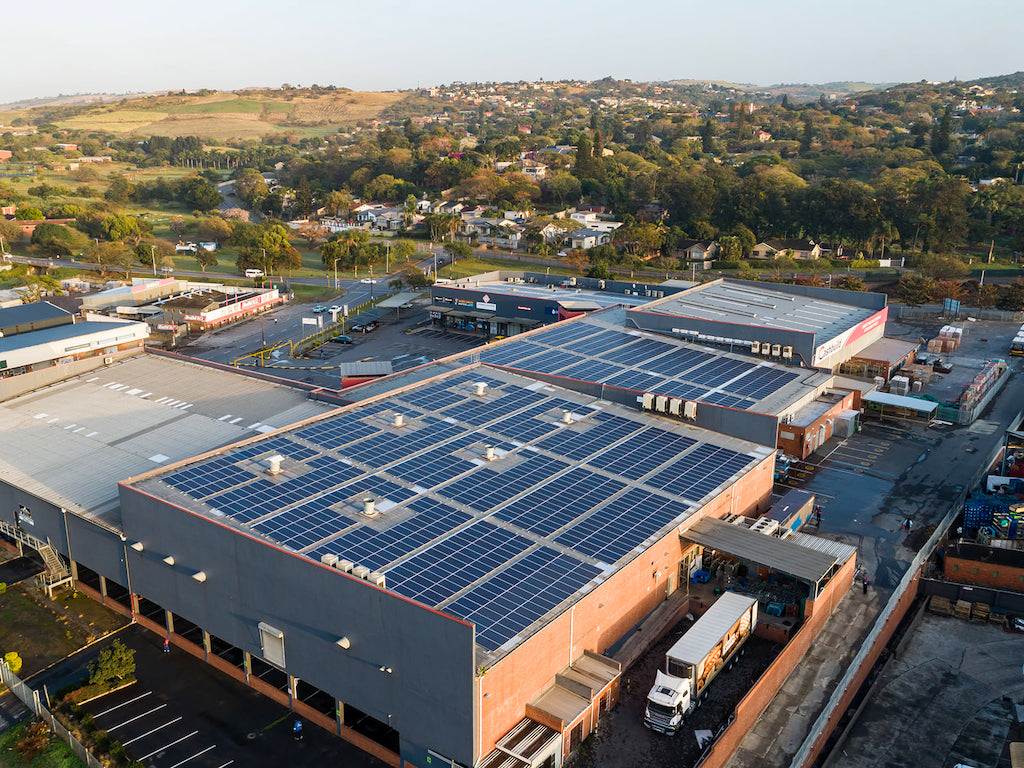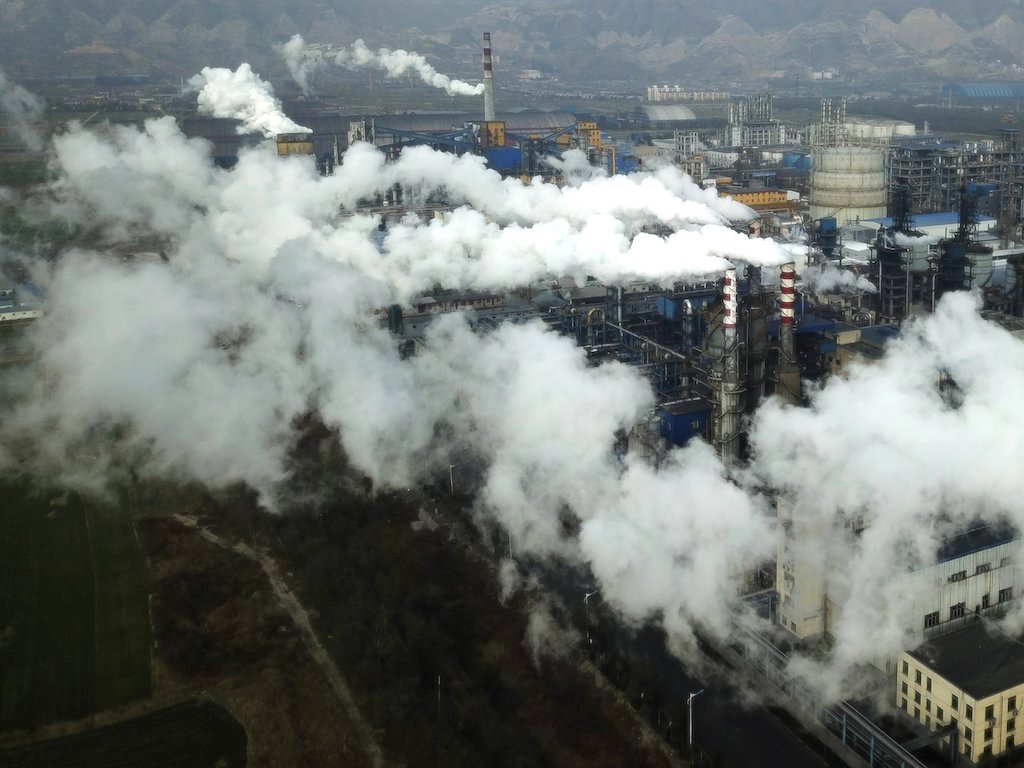
Meaningless buzzword or key survival concept? “Sustainability” is more important than ever before – but what does it even mean?
Today, googling “sustainability” turns up over 1.65 billion results. We have become so obsessed with this concept that “sustainability” has quickly become a trendy, meaningless buzzword: businesses love to advertise their sustainable practices, while climate activists insist that people practice sustainable lifestyles. But, what does “sustainability” really mean? And, how can we understand this word in a way that promotes the well-being of ourselves, our communities, and our planet?
What is sustainability?
Although usage of the word has increased in recent years, the concept of sustainability is actually not new. Its origins stem from the 1983 Brundtland commission, which first defined sustainable development as “development that meets the needs of the present without compromising the ability of future generations to meet their own needs.”
Today, the definition of sustainability still highlights the need to create a liveable world for future generations. According to McGill University, sustainability entails “meeting our needs without compromising the ability of future generations to meet their own needs.” Similarly, the Center for Biological Diversity claims that sustainability is about “creating a livable future for everyone on the earth.”
In shaping this future, sustainability is most often understood in an environmental context. Environmental sustainability includes making sure that human consumption does not deplete natural resources, ecological systems stay in balance, and life on earth remains diverse.
However, sustainability is also tied to economic and social issues. Economic sustainability includes ensuring that communities can maintain independence, access resources they need, and secure sources of livelihood, while social sustainability includes protecting universal human rights and necessities.
What is sustainability in business?
In today’s world, sustainability has increasingly become incorporated into business campaigns and strategies. But, once again, what does sustainability in business really mean?
For a business, sustainability means operating without negatively impacting the external environment, community, or society. A sustainable business strategy is one that tries to create a positive impact on one or multiple of these groups.
In practice, a sustainable business strategy can take many different forms and is unique to each organization. Companies can transition to using sustainable materials for their packing, optimize their supply chains to reduce environmental emissions, and even sponsor programming to benefit the local community. Overall, issues that sustainable business strategies can address include:
- Climate change
- Income inequality
- Depletion of natural resource
- Human rights issue
Why is sustainability important?
Sustainability would not be such a hot buzzword if it wasn’t important.
Sustainability is critical to maintaining our quality of life, the diversity of life on earth, and the health of earth’s resource-rich ecosystems. Sustainable environmental practices improve water and air quality, reduce landfills, and increase renewable energy sources in the long term. These changes guarantee cleaner and healthier living conditions for all people, particularly those in lower-income communities.
Further, sustainability is important because it ensures a liveable planet for future generations. Because natural resources are finite, they must be used conservatively in the short term. If not, we are bound to run out of fossil fuels, deplete natural resources, and damage the earth’s atmosphere beyond repair. By practicing sustainability now, we create a safer, more livable world for our children and grandchildren.
In business, sustainability not only helps address global challenges, it contributes to an organization’s overall success as well. According to McKinsey, companies with the highest ESG metrics (used to determine the ethical standards and sustainability of an organization) consistently outperform the rest of the market; as a result, sustainable companies tend to be the most profitable. Sustainable practices also increase success by protecting a company’s brand, mitigating risk, and providing a compelling competitive advantage.
What are the top sustainability trends right now?
So, what does sustainability look like today? Here are the top sustainability trends to look out for right now:
- ESG investing: a form of investment that prioritizes environmental, social, and governance criteria in addition to financial returns.
- Being “climate positive”: not just achieving net-zero carbon emissions, but removing carbon dioxide from the atmosphere.
- Affordable, renewable energy: falling costs of renewable energy coupled with a push for more renewable power.
- Clean transportation: 18 of the world’s 20 largest automotive manufacturers have pledged to switch to manufacturing electric vehicles.
- Climate-friendly consumer products: more environmentally conscious consumers will create a demand for products aligned with their sustainability goals.
- Disclosure from businesses: companies will be held accountable by governments to report their climate risks to the public
- Decarbonization of the food system: a shift towards alternative proteins, alternative dairy, and other alternatives to today’s industrial food system
Altogether, these trends will be an important step towards creating a world that “meets the needs of the present without compromising the ability of future generations to meet their own needs.”
Lead image courtesy of Canva.
The post What Is Sustainability? And Why Does It Matter? appeared first on Green Queen.
This post was originally published on Green Queen.


